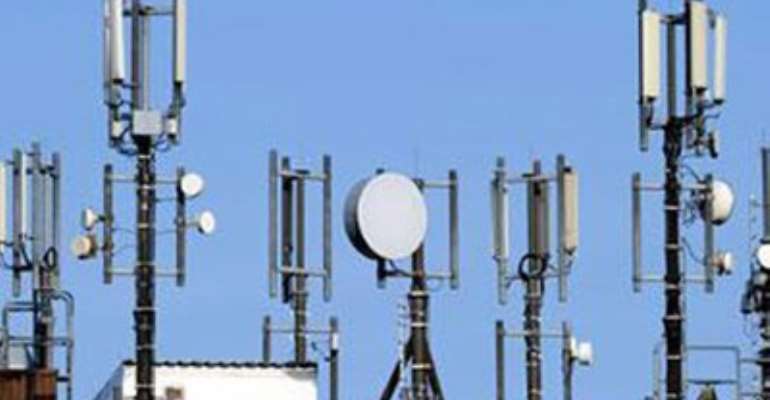FG to offer financial incentives to investors in broadband sector – NCC

The Nigerian Communications Commission (NCC) is wooing foreign investors in its broadband initiative.
The Federal Government had in 2012 and 2013 took its broadband campaign to Dubai and Bangkok respectively, during the international telecoms conferences organised in those countries by the International Telecoms Union (ITU).
Speaking at a headline event at the Mobile World Congress in Barcelona, titled: ‘A Vision for Digital Africa’, Executive Vice Chairman of NCC, Dr Eugene Juwah, spoke on government’s readiness to give financial incentives to new investors in the broadband sector matched with the regulatory transparency which gives maximum protection and encouragement to investors as very good reasons to consider the country for investment.
Also speaking to top executives of Etisalat, Airtel and Ericsson, Juwah encouraged them to make more investments in Nigeria and play more visible role in the government’s drive for broadband deployment, explaining that the Nigerian government's was pursuing a multi-track approach to make the environment more friendly to operators and other service providers.
In his paper, Creating a Sustainable ICT Sector in Nigeria Through Mobile Broadband, Juwah gave sundry statistics to demonstrate that although Nigeria has made tremendous progress in the voice sector, the Broadband sector which has recently received the attention of government is a virgin area waiting to be tapped into by resourceful entrepreneurs.
His paper provided the foundation for a panel discussion which included Chief Executive, MTN Nigeria, Michael Ikpoki; Executive Head of Regulatory Affairs, Vodacom, Mortimer Hope; Director of Business Strategy Research, University of Columbia, Prof. Raul Katz; Minister of Information and Communication Technology, Uganda, John Nasasira and Minister of Telecommunication and Postal Services, South Sudan, Rebecca Joshua Okwaci.
With connected mobile numbers standing at over 120 million and 9 terabyte capacity of international bandwidth, the country’s 6.1 per cent of broadband connectivity presents such a huge demand that will immediately make Nigeria a very viable and lucrative market. Juwah admitted that a lot of investment needs to be put into the industry, like rolling out metropolitan fibre and last mile connection, and this explains why the country recently carried out an auction of 2.3GHz for a wholesale Broadband Service provider.
Other areas of opportunity, according to Juwah, were the Infrastructure Companies (Infracos) that will be licensed very soon to provide metropolitan fibre and wholesale transmission services on a non-discriminatory and open access basis. Besides, the 700MHz, 2.5MHz and 2.6MHz will be up for sale before the end of the year and this will provide significant opportunity for new players to get into the field.
Juwah said: “Our broadband vision will be driven mainly by the private sector. Government will only encourage InfraCos by providing financial incentives but government will not have any shares in any of these companies.”
In his contribution, Ikpoki affirmed that operators have benefitted from the actions of government and the regulatory and operating environment and have thus been able to make considerable contributions to the economy both in employment and in overal contributions to the GDP.
